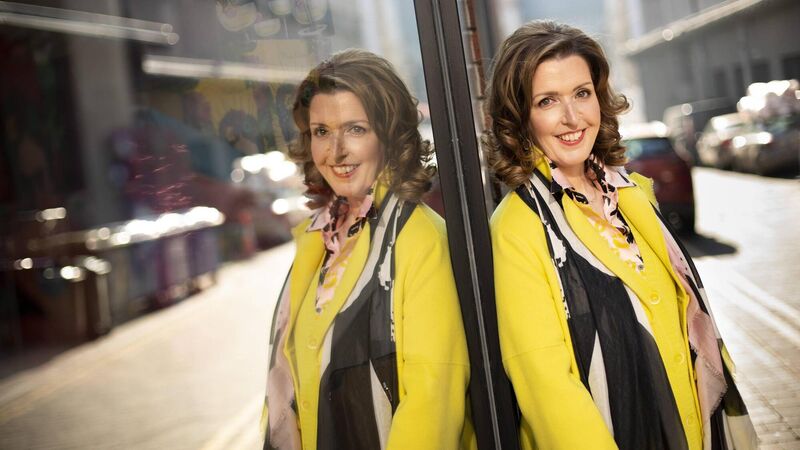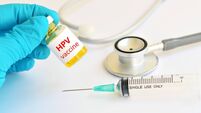Vicky Phelan saved lives by sharing most intimate details of post-treatment side effects

Vicky Phelan pictured to mark her guest edit of Feelgood in 2019. Her words in that issue inspired the Irish Cancer Society to look further into treatment for side-effects for women. Picture: Cathal Noonan
Two years ago, Vicky Phelan spoke candidly about the devastating impact of cervical cancer treatment on a woman’s sex life. It was while guest editing a special edition of the Irish Examiner’s Feelgood.
At the Irish Cancer Society, the organisation’s chief executive, Averil Power, read Vicky’s words: “I haven’t had sex in three years — that’s the reality. We tried once or twice….it’s like having a red hot poker inside you because...when you have internal radiation treatment, any of the tissue that’s left becomes what they call friable. So, literally, you can bleed at touch.”











